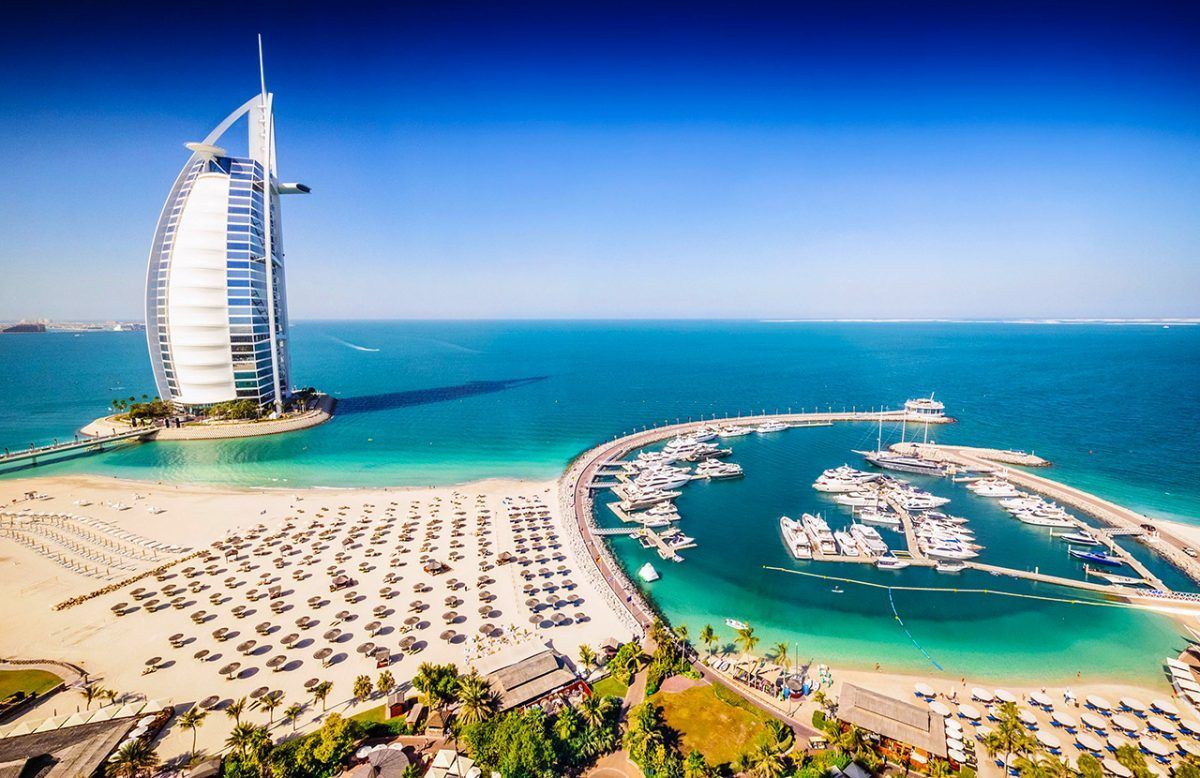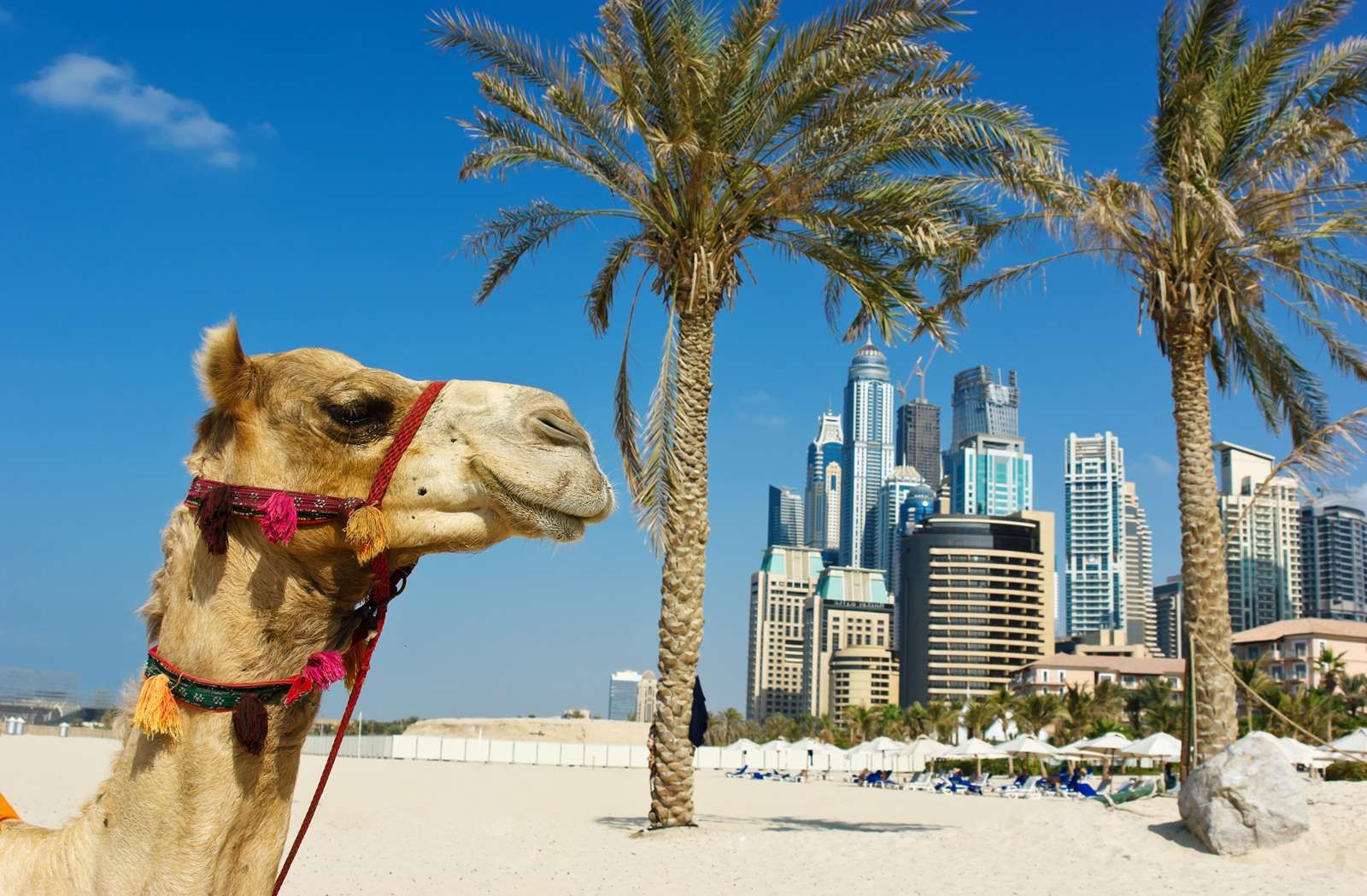Tourism tax in the United Arab Emirates (UAE) is an important component of tourism revenue and plays a significant role in the development of infrastructure and services for visitors. The introduction and regulation of tourist taxes is aimed at maintaining a high level of service and keeping the country attractive to international tourists.
In the UAE, tourist tax is levied on hotel and hotel guests and varies by emirate and hotel category. For example, Dubai has introduced the Tourism Dirham tax, which ranges from 7 to 20 dirhams (AED) per night per room depending on the hotel category. Other emirates such as Abu Dhabi and Sharjah also have similar taxes with minor differences in rates and structure.
This tax was introduced to fund tourism infrastructure improvement projects such as building new facilities, improving transportation networks and maintaining a high level of safety and comfort for guests. In 2024, the tourism tax continues to play an important role in the UAE economy, contributing to the sustainable development of the tourism sector and supporting economic growth.

Understanding the structure and rates of tourist tax in the UAE will help travelers to better plan their trips and take into account all possible expenses. In this article, we will look at the main aspects of the tourist tax in the different emirates of the UAE and provide useful information for those planning to visit this amazing country in 2024.
Will the tourist tax be present in 2024
Yes, the UAE continues to have a tourism tax in 2024, but its structure and rates depend on a number of factors:
- Tourist Tax: It is not levied in all emirates and depends on the level of the hotel. For example, in Dubai, the tourist tax ("Tourism Dirham") ranges from AED 7 to AED 20 per night per room depending on the hotel category.
- VALUE ADDED TAX (VAT): The UAE Value Added Tax rate is 5% and applies to most goods and services, including hotel services.
- Federal Tax: An additional 10% federal tax is levied on service and high level of service. This tax is included in the bill when paying for services at hotels and restaurants.
- Municipal Fee: Each emirate sets its own municipal fee, which is calculated as a percentage of the basic price of services. This levy can vary depending on local regulations and can be as much as 7% of the room rate.
These taxes and fees help to finance the development of tourism infrastructure, maintain a high level of service and provide comfort to guests. Knowing these aspects will help travelers better plan their spending when visiting the UAE in 2024.
Which hotels charge tourist tax
Tourist tax in the UAE is charged depending on the category of the hotel and the emirate in which it is located. Here's how it works in the different emirates:
Dubai
In Dubai, the tourist tax is called "Tourism Dirham" and is charged depending on the level of the hotel:
- Five-star hotels: 20 dirhams (AED) per night
- Four-star hotels: 15 dirhams (AED) per night
- Three-star hotels: AED 10 per night
- Two-star and one and two-star hotels and apartments: 7 dirhams (AED) per night

Abu Dhabi
In Abu Dhabi, the tourist tax has been abolished since 2023 and is no longer charged.
Sharjah
In Sharjah, tourist tax is charged at the following rate:
- All hotels: 10% of the room rate per night
Fujairah
In Fujairah, tourist tax is charged as follows:
- All hotels: 10% of the room rate per night
Ajman
Ajman has a similar tourist tax:
- All hotels: 10% of the room rate per night
Ras El Khaimah
In Ras El Khaimah, the tourism tax is levied according to the level of the hotel:
- Five-star hotels: 20 AED (AED) per night
- Four-star hotels: 15 AED per night
- Three-star hotels: AED 10 per night
- Two-star and apartment hotels: AED 7 per night.
Umm al-Quwain
In Umm Al Kuwain, tourist tax is charged as follows:
- All hotels: 10% of the room rate per night
These taxes help to fund the tourism infrastructure and maintain a high level of service for guests. Travelers should consider these costs when planning their trips to the UAE.
Is there a surcharge
Yes, there is an additional fee. Usually tour operators include various fees such as tourist taxes and service charges in the price of the trip to simplify the process for travelers. However, if you are traveling on your own, you should consider the existence of these additional fees.
Independent travelers may face various additional fees such as:
- Tourist Tax: Depending on the emirate and hotel category.
- Service Tax: Usually around 10% of the room rate.
- Municipal charges: Some emirates have separate charges for utilities and infrastructure.
These additional costs should be considered when planning a budget for a trip to the UAE.

Obtaining citizenship for investment
The UAE does not offer a direct path to citizenship through investment. However, there are programs to obtain residency for investment, which can be a first step towards long-term residency and potential citizenship.






